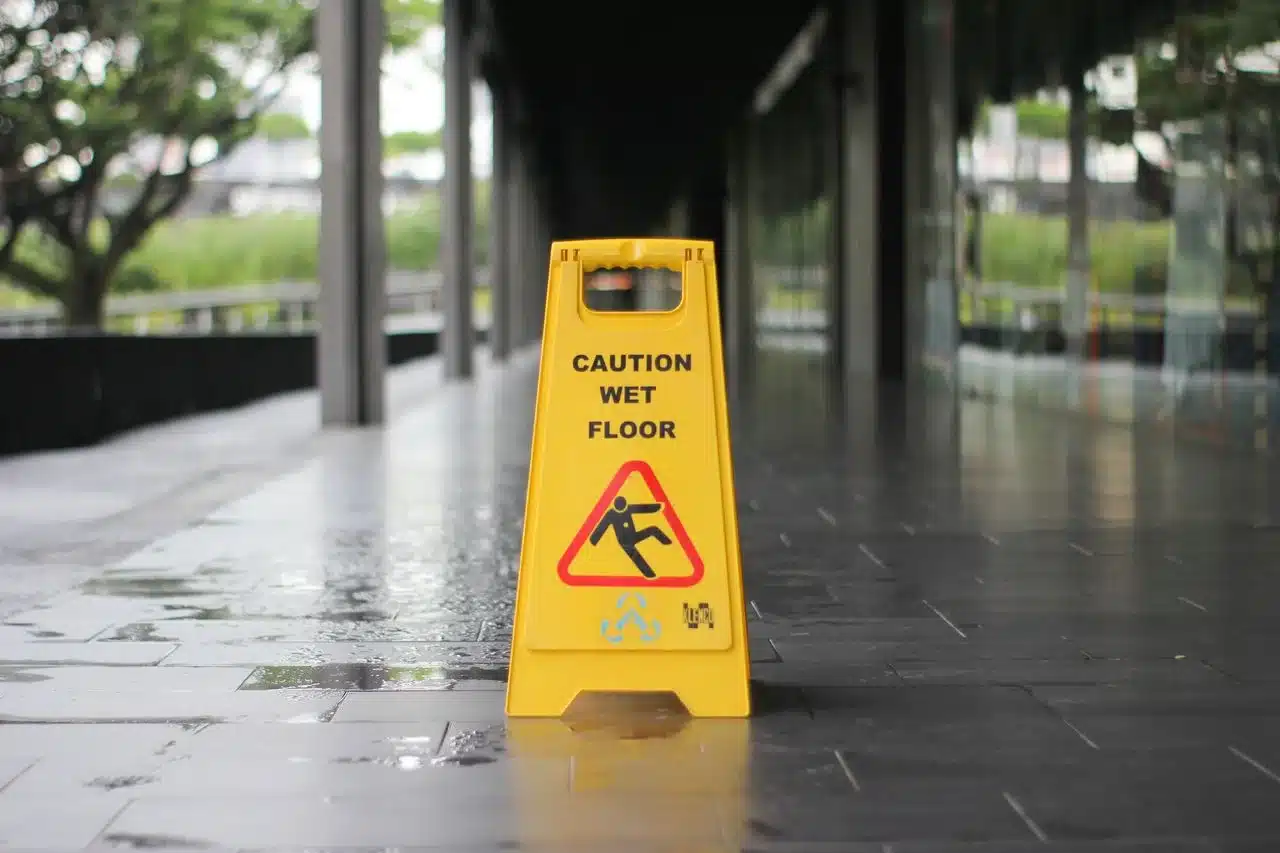Exploring Defective Conditions and Premises Liability in Florida

When individuals visit a property, they have a reasonable expectation of safety. Property owners in Florida have a legal duty to maintain their premises and address any defective conditions that could pose a risk to visitors. Understanding the concept of defective conditions and its implications in premises liability cases is essential for both property owners and individuals who may find themselves involved in such situations. In this blog post, we will delve into the topic of defective conditions and the resulting liability in premises liability cases in Florida.
Defining Defective Conditions
Defective conditions refer to any hazards or dangerous situations that exist on a property, making it unsafe for visitors or guests. These conditions can arise from a variety of factors, including:
- Structural Deficiencies: Examples include crumbling walls, unstable flooring, broken stairs, or deteriorating infrastructure that may lead to accidents and injuries.
- Hazardous Materials: The presence of toxic substances, such as asbestos, mold, or lead-based paint, without proper mitigation or warning can pose serious health risks.
- Inadequate Maintenance: Failure to address maintenance issues, such as leaking roofs, faulty electrical wiring, or malfunctioning equipment, can create hazardous conditions.
- Poor Lighting: Insufficient or inadequate lighting in stairwells, parking lots, or common areas can contribute to accidents and increase the risk of criminal activity.
Premises Liability and Defective Conditions
Premises liability holds property owners accountable for injuries or damages that occur due to their failure to maintain a safe environment. To establish liability in cases involving defective conditions, several factors must be considered:
- Actual or Constructive Knowledge: The property owner must have had actual knowledge of the defective condition or should have reasonably known about it. This can be proven through direct evidence, past complaints, or the length of time the condition existed.
- Duty to Remedy or Warn: Once the property owner becomes aware of a defective condition, they have a duty to address the issue promptly or provide sufficient warnings to visitors about the potential risks.
- Foreseeability: The property owner is expected to anticipate potential dangers and take reasonable measures to prevent harm. Foreseeability can be established by demonstrating similar incidents occurring in the past or by proving that the condition was easily detectable and could have been rectified.
Comparative Negligence in Defective Conditions
Florida follows the principle of comparative negligence, which means that the injured party’s own negligence may affect the amount of compensation they can recover. If the injured individual’s actions contributed to the accident or if they failed to exercise reasonable care for their own safety, their percentage of fault may be considered and reduce the damages awarded.
Seeking Legal Assistance
If you have been injured due to a defective condition on someone else’s property, it is important to consult with an experienced premises liability attorney. They can evaluate the specifics of your case, gather evidence, and navigate the legal process on your behalf. An attorney will help protect your rights, negotiate with insurance companies, and pursue fair compensation for your injuries, medical expenses, and other damages.
Conclusion
Defective conditions on a property can pose significant risks to visitors and guests, potentially resulting in accidents, injuries, or other damages. Understanding the concept of defective conditions and the resulting liability in premises liability cases is crucial for both property owners and individuals seeking legal recourse. By recognizing the various types of defective conditions, understanding premises liability principles, and seeking professional legal assistance when necessary, we can work towards safer premises and a sense of accountability for property owners in Florida.
